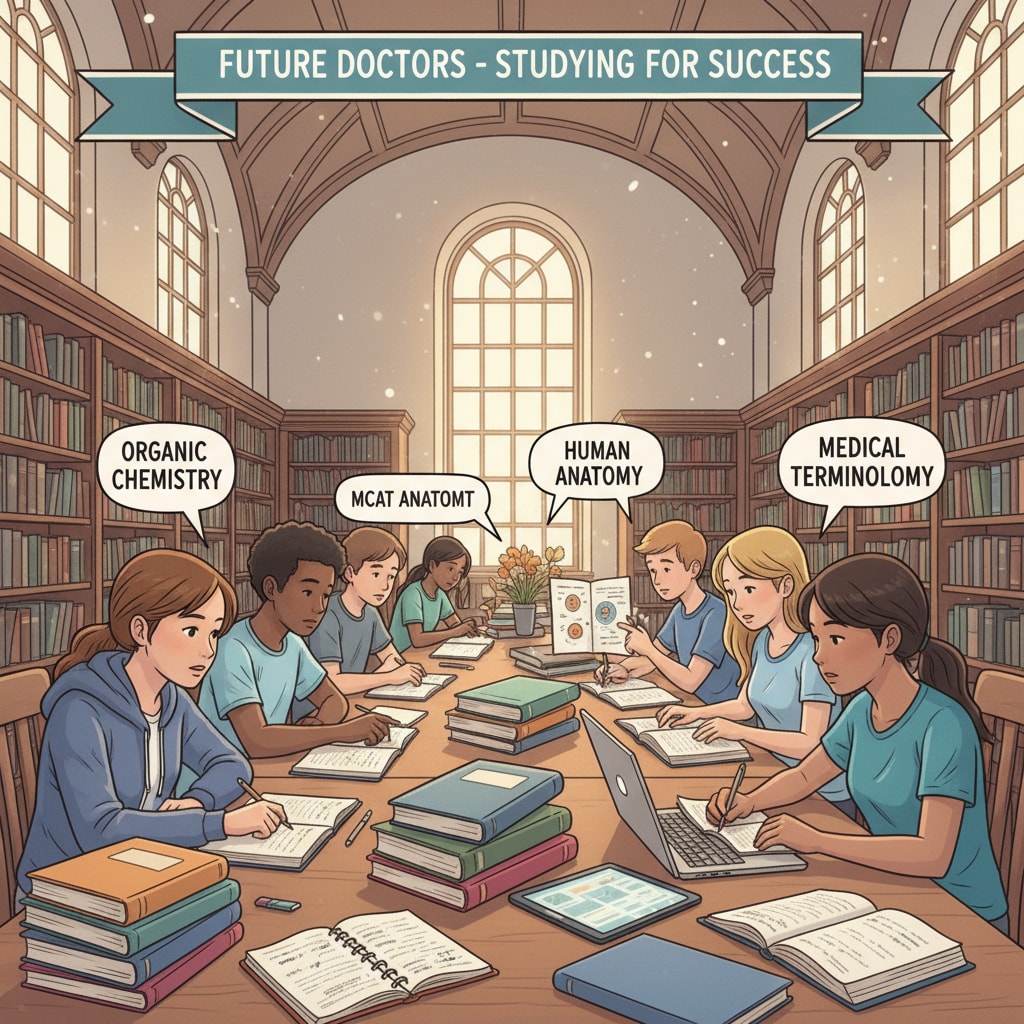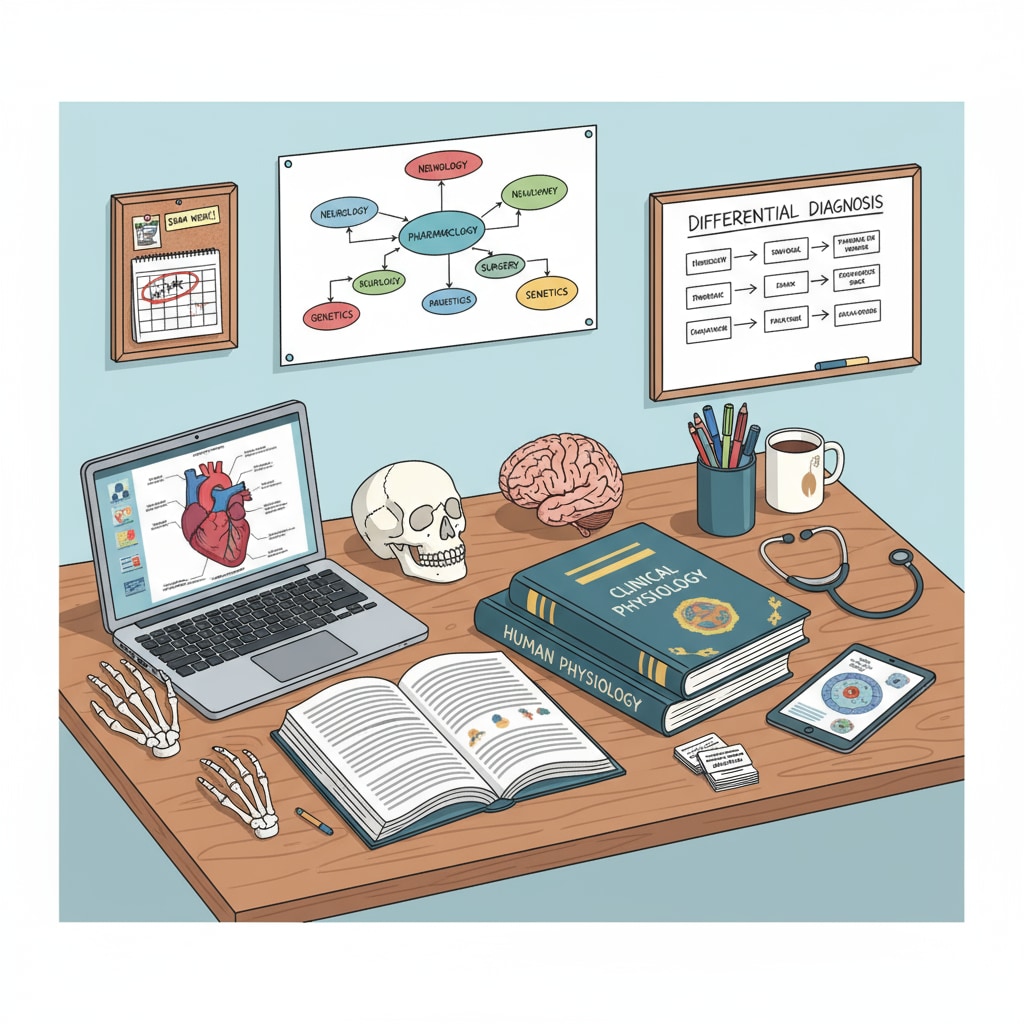Preparing for medical school as a high school student can be a daunting task, often accompanied by learning anxiety and knowledge gaps. These challenges, however, are not insurmountable. In this article, we will explore effective ways to tackle these issues and set you on the path to success.

Understanding the Root Causes of Learning Anxiety
Learning anxiety in medical school preparation can stem from various factors. The high stakes involved, such as the competitive nature of medical school admissions, can put a lot of pressure on students. Additionally, the vast amount of knowledge to be learned, including complex medical concepts, can be overwhelming. For example, understanding human anatomy and physiology requires memorization of numerous details. According to Anxiety Information on APA, anxiety can significantly impact a student’s performance. Recognizing these root causes is the first step in addressing the problem.
Bridging the Knowledge Gaps
Identifying knowledge gaps is crucial. Start by assessing your current understanding of subjects like biology, chemistry, and physics. Once you’ve pinpointed the areas where you’re lacking, create a study plan. For instance, if you struggle with organic chemistry, allocate more time to study reaction mechanisms and molecular structures. Utilize reliable resources such as textbooks, online courses, and educational websites like Khan Academy’s Biology Section. These resources can provide in-depth explanations and practice problems to help you fill in the gaps.

Systematic learning strategies are also essential. Break down large topics into smaller, more manageable chunks. This makes the learning process less overwhelming. For example, when studying the cardiovascular system, focus on one aspect at a time, such as the structure of the heart or the flow of blood. In addition, use mnemonic devices to remember important information. This can make memorization easier and more efficient.
Readability guidance: By following these steps, students can better understand the causes of their anxiety and take proactive steps to fill knowledge gaps. This will not only improve their academic performance but also boost their confidence in the medical school preparation journey.


